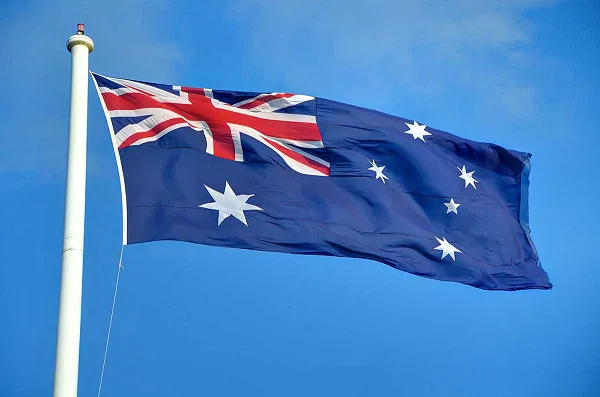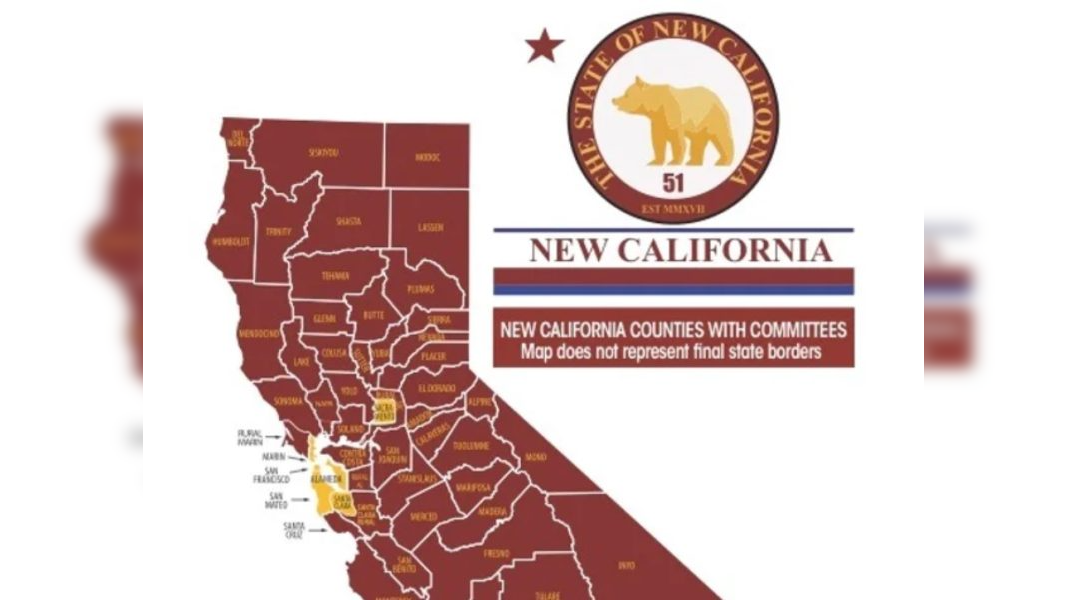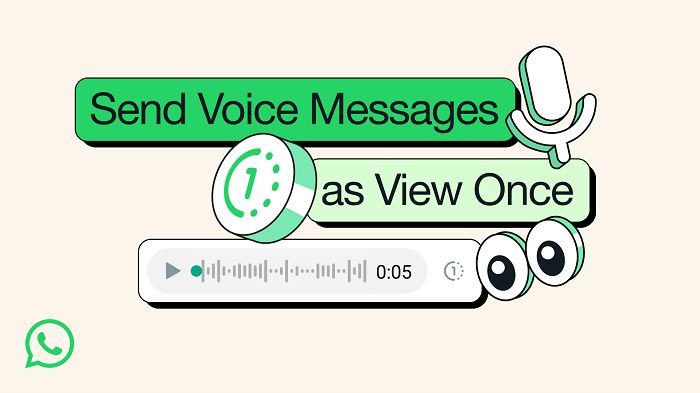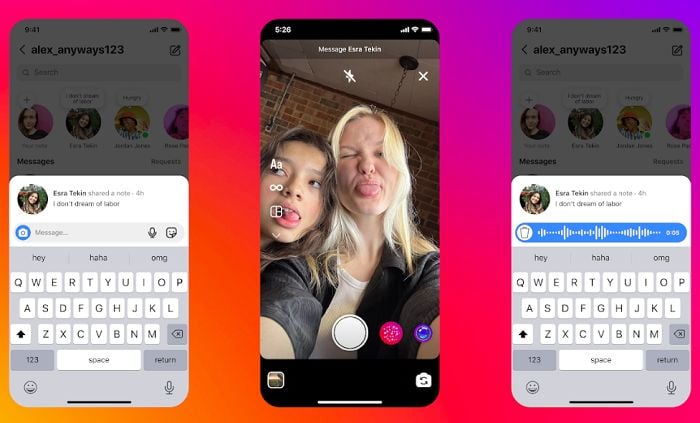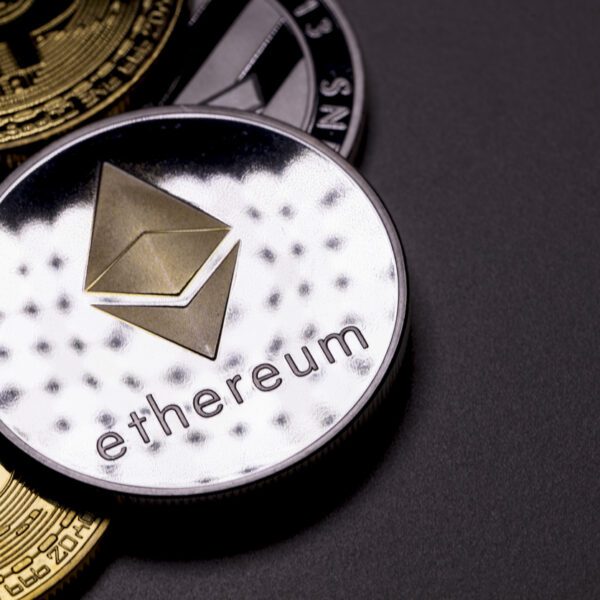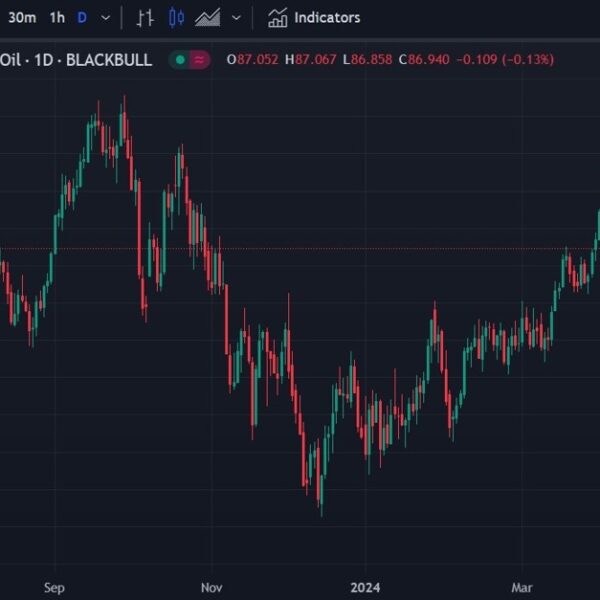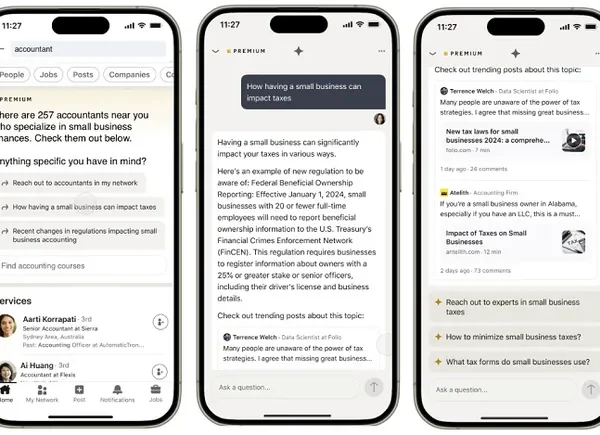The Australian government has proposed a new way to make social media platforms pay for news content, this time by forcing them to arrange content deals with local publishers, whether they allow news in their apps or not.
Yes, the Australian government is looking to charge social platforms even if they choose not to allow news content in their apps. That is a thing that’s happening,
To recap, back in 2021, the Australian government implemented its “News Media Bargaining Code” which effectively forces social apps and search engines to pay local publishers for any use of their content, including links to their sites.
The bill aims to address the impact that digital platforms have had on the ad industry, and subsequent publisher revenues. With the big tech giants now taking the majority of ad share, that leaves much less money for local journalism. And given that these platforms also facilitate engagement related to publisher content, the government sought to redress this imbalance through the scheme.
Which meant that Meta, for example, would have to pay news publishers for their posts in the app.
Both Google and Meta opposed the bill, with Meta even banning Australian news outlets from its apps for a short time, before the government negotiated a truce. That eventually led to both Meta and Google signing lesser revenue share deals with Australian publishers, though that’s still resulted in around $200 million per annum being transferred to local publishing companies.
But those initial deals covered only a three-year period, and back in March, Meta announced that it will stop paying Australian publishers under this arrangement.
Meta also underlined in this announcement that news content is not a big part of its content ecosystem, with news making up only around 3% of what users see in their feeds.
As such, Meta sees no reason to keep paying, but now, the Australian government has come up with a revised revenue share scheme to keep Meta paying, no matter what.
As per Australia’s Minister for Financial Services Stephen Jones:
“The [News Media Bargaining Code] has limitations. It allows platforms to avoid their obligations by removing news. This is not in the best interest of Australians. A significant proportion of Australians use digital platforms to access news, and we want this to continue. The government is acting to address this, by establishing a News Bargaining Incentive to encourage digital platforms to enter into or renew commercial deals with news publishers.”
Under this updated policy, the big tech giants will be encouraged to extend their deals with news publishers, and keep that revenue share flowing.
But there’s also this:
“The bargaining incentive includes a charge and an offset mechanism. Platforms that choose not to enter or renew commercial agreements with news publishers will pay the charge. Platforms with these agreements will, however, be able to offset their liability.”
So the Australian government is essentially planning to charge platforms that opt out of publisher deals, so even if Meta chose to cut Australian news publishers as it did back in 2021, it would still have to pay.
How much will they be charged? The detail isn’t finalized yet, but presumably, the payments work out to be around about equivalent to the $200 million that the platforms are already paying Australian publishers.
Jones says the incentive will apply to large digital platforms “operating significant social media or search services, irrespective of whether or not they carry news.”
So no matter what, Meta and others would have to pay Australian news publishers a share of their revenue. Whether they like it or not, whether they agree with it or not, whether they benefit from publisher content or not. Doesn’t matter, the government is going to make them pay.
Which makes no sense.
Imagine, for example, if people stopping going to the beach because a local pool opened, so the government then made the local pool pay a percentage of its revenues to the local lifeguard organization to fund its training. Now imagine that they shut down the pool to avoid those fees, but the government kept charging them anyway.
It’s an illogical process, which is a result of the government bowing to pressure from local publishers, as opposed to focusing on adaption to new media consumption habits.
Though I also understand the challenge. The government wants to ensure that local publishers keep making money to fund local journalism, but punishing big tech is surely not the only way.
Though it is worth noting that the Australian government did initially try an alternative approach, which would have used local tax payments for funding.
In 2018, then Australian Prime Minister Scott Morrison announced that Australia would look to squeeze more local tax payments out of Google and Facebook, along with Apple and Amazon. But that plan was quashed by the Trump Administration, which made it absolutely clear that it would not stand for U.S. companies facing higher tax obligations.
So, on balance, you can see why Australia has ended up seeking alternative approaches, which have resulted in money being funneled to publishers. And why now, it’s concerned about that money drying up, and choking the local publishing sector, but it seems illogical to charge companies even if they’re not actively benefiting from that content.
Which Meta will definitely argue that it isn’t, especially since it’s working to limit news discussion in its apps.
Now, Meta can’t even just block local news providers, like it did in Canada, because the government will charge it fees anyway.
Though that “charge” does sounds very much like a tax. And with Trump returning to the White House next year, I wonder how the U.S. government will take a re-framed digital platform tax this time.
Still much to be clarified on this one.

